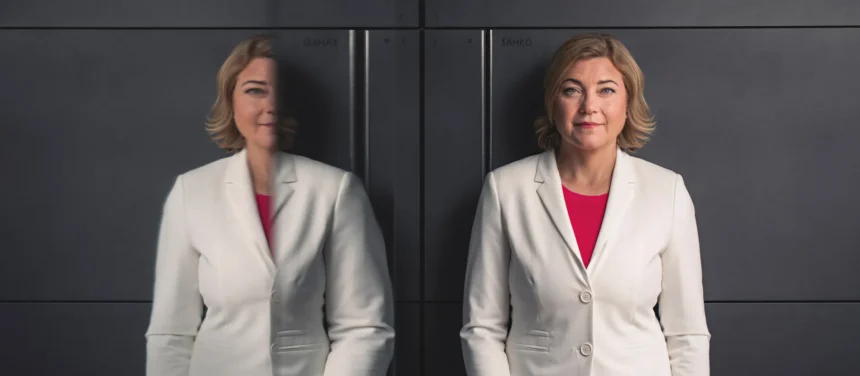The European Union is aiming high! The EU seeks to become the world’s leading hub for artificial intelligence. Henna Virkkunen, the incoming EU Commissioner for Tech Sovereignty, Security, and Democracy, has grand ambitions to shape Europe into what she calls the “AI continent.” In written responses ahead of her confirmation hearing, Virkkunen laid out a bold mission that advances AI, cloud computing, and data security across the EU.
Her vision: Be the global leader in AI development and deployment.
What’s Happening & Why This Matters
Virkkunen has pledged to propose an AI Factories Initiative within her first 100 days in office. This initiative offers European start-ups access to high-performance computing that fosters innovation in AI. She also plans to introduce a Cloud and AI Development Act, designed to make it easier for EU companies to develop and deploy AI solutions by providing more investment and improving energy efficiency standards .
Virkkunen stresses the importance of balancing openness with security. While promoting investment in AI, she emphasizes the need to remain open to non-EU cloud providers, as long as they meet the security standards necessary to protect Europe’s digital sovereignty. She points to the Data Act’s existing protections against illegitimate access by non-EU governments as a strong foundation, but she believes more needs to be done to safeguard sensitive applications .
Collaborating for AI Research and Border Surveillance
Virkkunen’s work will closely align with Bulgaria’s incoming commissioner for Startups, Research, and Innovation, Ekaterina Zaharieva, who plans to establish a European AI Research Council. This council will support cutting-edge research and help bridge the gap between AI development and its real-world applications.
Virkkunen will also collaborate with Austria’s Magnus Brunner, incoming Commissioner for Home Affairs and Migration, to explore the use of AI for border surveillance. This initiative aims to strengthen Europe’s borders while adhering to data privacy and security standards, balancing the need for security with individual rights .
Child Protection and Consumer Rights
Another key area of focus for Virkkunen is child protection. She has committed to developing new guidelines for protecting minors under the Digital Services Act (DSA) by mid-2025. This includes the possible introduction of a privacy-preserving age verification system to ensure minors are safely navigating the digital world.
Meanwhile, Michael McGrath, the incoming Commissioner for Democracy, Justice, and Rule of Law, plans to tackle the challenge of child sexual abuse material (CSAM) online. He is working to finalize negotiations on proposed regulations aimed at preventing online exploitation of children. These efforts are part of a broader initiative to tighten digital fairness and protect vulnerable users .
McGrath also seeks to address four core digital issues: dark patterns, influencer marketing, addictive design, and problematic personalization. His Digital Fairness Act (DFA) aims to strengthen consumer protections, particularly for minors, and improve the enforcement of consumer law across the EU. The DFA builds on existing laws such as the General Data Protection Regulation (GDPR) and the AI Act, emphasizing better regulation of large multinational companies .
TF Summary: What’s Next
The vision laid out by Henna Virkkunen and her fellow commissioners points to an ambitious roadmap for Europe’s digital frontiers. By focusing on AI development, cloud infrastructure, child protection, and consumer rights, the EU endeavors to become AI’s global leader — while maintaining strict regulatory standards.
As these initiatives take flight, TF Europe will monitor the transparency and balance given to innovation, and security, and privacy.
— Text-to-Speech (TTS) provided by gspeech


